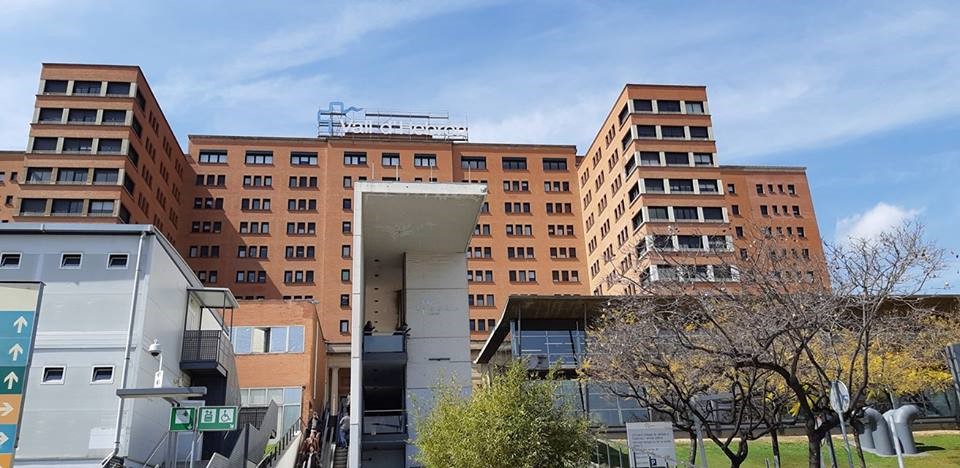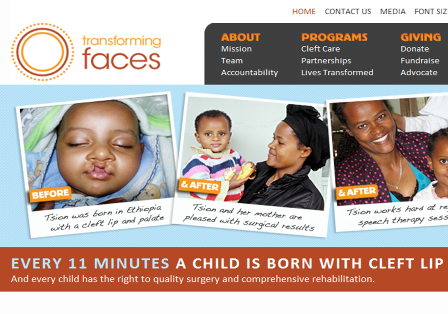Possible application of ALA’s experience with the EMRFA in Spain
Specialists from Spain are interested in the Electronic Medical Record for Facial Anomalies (EMRFA) developed by ALA and are keen to implement it in their practice.
At the invitation of Val d’Hebron Hospital, Barcelona and the Spanish Society for Facial Anomalies, and through the COST project CA16234 – Inequalities in the treatment of facial anomalies in Europe, Professor Anastassov was on a brief scientific mission to Spain from 2nd to 6th of April 2018.
In November 2017, in Zaragoza, Spain, Professor Anastassov presented the work of Association ALA and the EMRFA to the Spanish Society for Facial Anomalies. The President – Professor Joaquin Garratea, has expressed a desire to make a pilot project to develop an Electronic Medical Record for Facial Anomalies in one or two hospitals in Spain as well as at a national level. Using the COST network, the Val d’Hebron Hospital, the largest hospital in Catalonia and one of the largest in Spain, received with great interest Professor Anastassov. The hospital is also part of the European network for rare facial anomalies. Dr. Montserrat Munil, a Barcelona-based facial and maxillofacial surgeon who is also member of COST, responsible for the treatment of children with cleft lip and palate was the direct initiator of the visit.
Professor Anastassov was accepted by Deputy Assistant Director of the hospital – Francesc Iglesias (Adjunt a la Gerència), César Velasco (Director of Integral Manufacturing and Innovació), Eva Aurín (Cap de la Unit d’Innovació eHealth.) In the following days, meetings were held with over 50 different stakeholders – physicians, plastic surgeons, ENT, neonatologists, geneticists, IT specialists, statisticians, speech therapists and nurses, epidemiologists and rare diseases network doctors in other areas, as well as representatives of the Parent Association of Catalonia. Dr. Anastassov and Dr. Munil also presented the EMRFA to a representative of TICSalut -Technology, Innovation and Health which deals with innovation.
For now, the main problem of implementing the EMRFA in Span, excluding funding the project, is its integration in an preexisting system, without conflicts. In the near future we expect news on this subject and we hope to be useful outside of Bulgaria. In Spain, at the local level – hospital and government, different options will be discussed in order to achieve this goal. It is clear that our EMRFA is better appreciate in Spain than in Bulgaria. Keeping in mind that three years ago, Petya Tsarvulanova made a presentation of our model to the IT specialists from our Health Ministry, but there were no initiatives from them.
We also regret the lack of specific action by our state institutions in connection with the CEN Technical Document adopted in 2015, https://ala-bg.org/wp-content/uploads/2016/06/CEN_TR_16824.pdf , for which ALA has done its best to inform our Health Ministry and the Health Commission.



